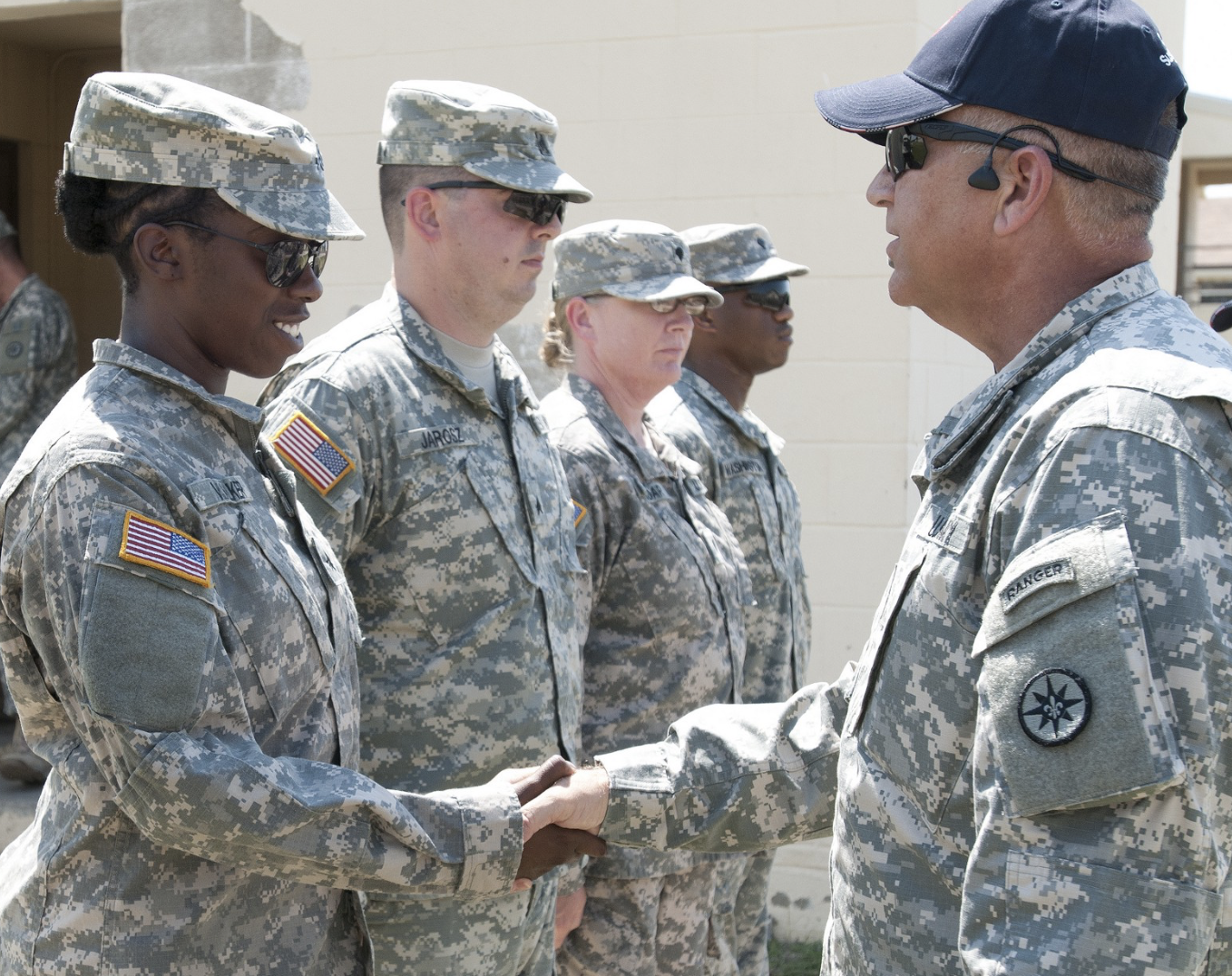By Admiral Jim Stavridis (Ret.)
The Military Power of Sleep
As we contemplate the need for sleep and all that achieving a balance of sleeping and waking can bring to us, it is clear that there are many important reasons to find the time to descend to what the Greeks call the land of Hypnos an appropriate amount of time. Getting enough sleep makes us better family members, friends, lovers, drivers, writers, cooks and pretty much everything else that is of importance in our lives. It also makes us better warriors — an unfortunately necessary function in order to defend our freedoms, repel terrorist attacks, achieve order in the global commons, and uphold the values we all cherish. In her new book, The Sleep Revolution, Greek-American writer Arianna Huffington correctly points out, “Only by renewing our relationship with sleep can we take back control of our lives.” This is as profoundly true in a military context as it is in a civilian sense.
I spent much of my life — almost 40 years — as a military officer. My specialty was in the part of the Navy that operates ocean-going ships, and as a result I was at sea for many months at a time. While at sea, I normally worked for 18–20 hours per day, often more. This was because I needed to not only perform the normal duties of an officer in terms of leadership, management, organizing the men and women under my command but also to stand watch on the bridge of the ship, actually navigating the ship and occasionally conducting combat operations. When you added up all the watch standing and combat duties, and included the normal administrative functions, it did not leave much time for sleep.
This is not unique to the Navy, of course. All of the military services — land, sea and air — spend a great deal of time awake. This is a direct result of the high tempo of operations we conduct while forward deployed well outside our national borders. For officers in the Army and Marine Corps, for example, while conducting combat operations it is not unusual to get only a few hours sleep each night. The constant demand for processing information, building an intelligence picture, conducting detailed operational planning, then actually conducting the operations is very time consuming. While the Air Force does enforce requirements for “crew rest,” these can be overridden in combat operations and are not always as rigorously enforced as they should be.
All of this comes at a high cost — as people become more and more exhausted from a lack of sleep, they are prone to making the most costly mistakes imaginable. When a professor or a chef or an accountant or a business executive makes a poor decision while tired and sleepy, it is unfortunate but generally speaking not a tragedy. No one is going to die because of those poor decisions. But when a military officer makes a bad decision in combat, terrible consequences often unfold. People die, and they are often innocent civilians who die as a result of collateral damage from an attack of some kind; or they are the men and women working for the exhausted military officer whose judgment is impaired.
As an example, recall the destruction of an Iranian civilian airliner by a missile fired from the US Cruiser VINCENNES in the Persian Gulf in the mid-1980s. Over 200 innocent passengers where killed by the mistaken decision of the crew to shoot at what they thought was an incoming Iranian fighter aircraft. It was a horrible mistake, and without question the exhausted state of the officers on watch contributed to their bad judgment. Many, many other bad military decisions have resulted from sleepy commanders making tactical choices that led to the deaths of their sailors and soldiers and to bad outcomes for their nations.
Therefore, military commanders must think of sleep as a weapon that they can deploy. This means that the decision maker — the captain of the ship, the commander of the infantry battalion, the pilot of the jet aircraft — must be afforded the opportunity to gain sufficient rest. This often means providing him or her with space and time simply to sleep.
There is a significant cultural dimension to all this, of course. Too often, commanders want to show their subordinates that they are somehow super-human and can function on a diet of caffeine, performance-enhancing drugs (from Red Bull on up to real designer concoctions), and nicotine-laced cigarettes and cigars to stimulate them and avoid the need to sleep. The leaders feel that saying they will lay down for an hour nap, or need six hours of sleep will undermine the confidence of their subordinates.
That sort of cultural approach in the military — of the leader as super-human and not in need to rest — is a mistake, and our military leaders must recognize that to make the right decisions — ethical, moral and tactical — they must regard sleep as a weapon that strengthens and enhances their performance as surely as the latest technology. Rested commanders are the best commanders.
Admiral Stavridis was the 16th Supreme Allied Commander at NATO and spent 37 years in the US Navy, much of it at sea. He is today the 12th Dean of The Fletcher School of Law and Diplomacy at Tufts University.
An earlier version of this article appeared in the Onassis Foundation publication “Hypnos Issue,” edited by Afroditi Panagiotakou, April, 2016.
Follow Admiral Jim Stavridis (Ret.) on Twitter: www.twitter.com/stavridisj
Originally published at www.huffingtonpost.com on May 31, 2016.
Originally published at medium.com


